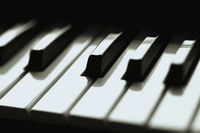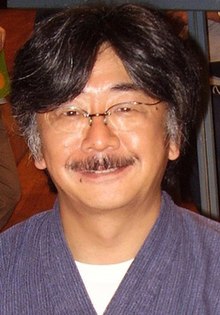Piano Sheets > Nobuo Uematsu Sheet Music > Fisherman's Horizon (ver. 1) Piano Sheet
Fisherman's Horizon (ver. 1) by Nobuo Uematsu - Piano Sheets and Free Sheet Music

About the Song
Music sheets - what is all about? Back in the 19th century, songs in the United States were popularized by musicians through music sheets. It was only in the 1950s when musicians started to bring music sheets to bands so they could play, allowing more people to hear their compositions.
Simply, a music sheet is musical composition in printed form. It is composed of unbound sheets of paper where a musical notation of a song is printed. Many associate it with popular music. However, musicians say popular songs are not the only ones written down on paper. Many classical songs were published in music sheets and classical musicians performed even unfamiliar songs with these printed compositions.
(More...)
Download this sheet!
About the Artist

Random article
Music sheets - what is all about? Back in the 19th century, songs in the United States were popularized by musicians through music sheets. It was only in the 1950s when musicians started to bring music sheets to bands so they could play, allowing more people to hear their compositions.
Simply, a music sheet is musical composition in printed form. It is composed of unbound sheets of paper where a musical notation of a song is printed. Many associate it with popular music. However, musicians say popular songs are not the only ones written down on paper. Many classical songs were published in music sheets and classical musicians performed even unfamiliar songs with these printed compositions.
(More...)
